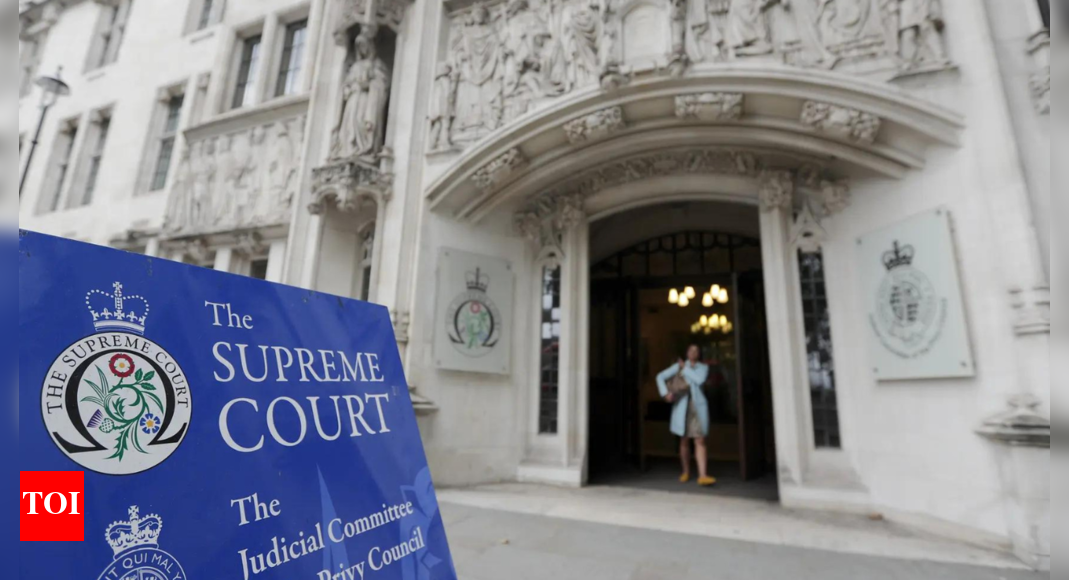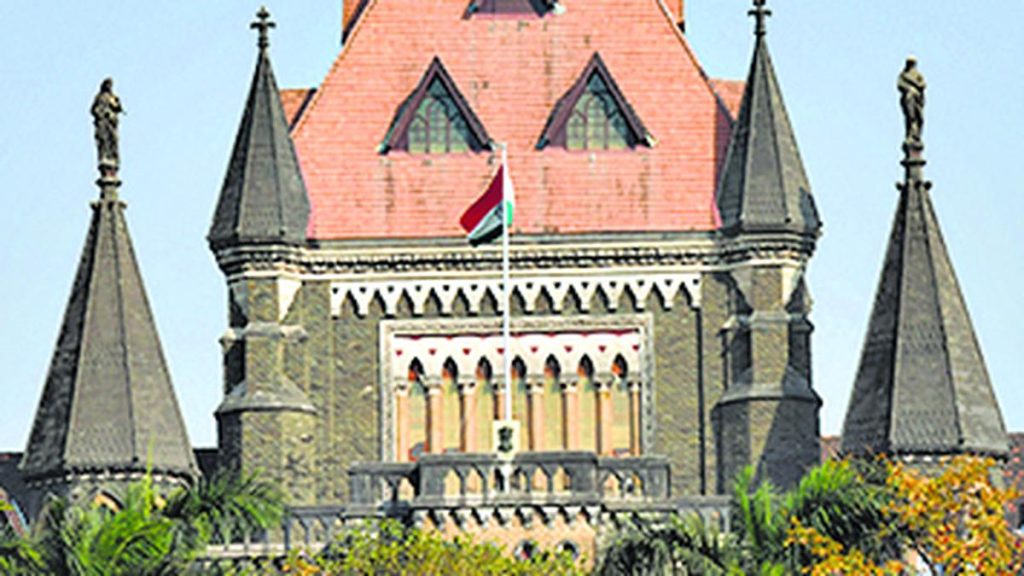Now Reading: UK Supreme Court to Decide on Defining ‘Woman’ in Landmark Case
-
01
UK Supreme Court to Decide on Defining ‘Woman’ in Landmark Case
UK Supreme Court to Decide on Defining ‘Woman’ in Landmark Case

Swift Summary
- The UK Supreme Court is set to rule on Wednesday regarding whether a transgender person with a gender recognition certificate can be legally considered a woman under equality laws.
- The dispute originates from Scottish legislation passed in 2018 requiring 50% female portrayal on public boards,which included transgender women in the definition of “woman.”
- Women’s rights group For Women Scotland (FWS) successfully challenged the law initially,arguing it expanded the legal definition of “woman” beyond parliamentary powers. Scottish officials responded with guidance maintaining that transgender women should be recognized under this definition.
- FWS claims redefining “sex” undermines sex-based rights and could allow public boards to meet female representation quotas with men holding gender recognition certificates. Critics, including Amnesty International, argue excluding trans women from protections under equality laws conflicts with human rights principles.
- Author J.K. Rowling has supported FWS financially, while groups like Amnesty International have submitted briefs emphasizing trans-inclusive policies are essential for upholding human rights for all individuals.
Indian Opinion analysis
This case could establish significant precedent regarding the interpretation of sex-based rights versus gender identity within legal definitions across the UK and potentially influence international discussions around similar issues. As India navigates it’s own evolving discourse on social inclusion and LGBTQIA+ rights following landmark rulings like Section 377 decriminalization in 2018 and deliberations surrounding marriage equality for queer individuals,global developments such as these could act as thought benchmarks for policy or cultural considerations domestically while ensuring adequate balance between individual liberties and collective societal norms.
Read More: UK Supreme Court’s landmark case ruling

























